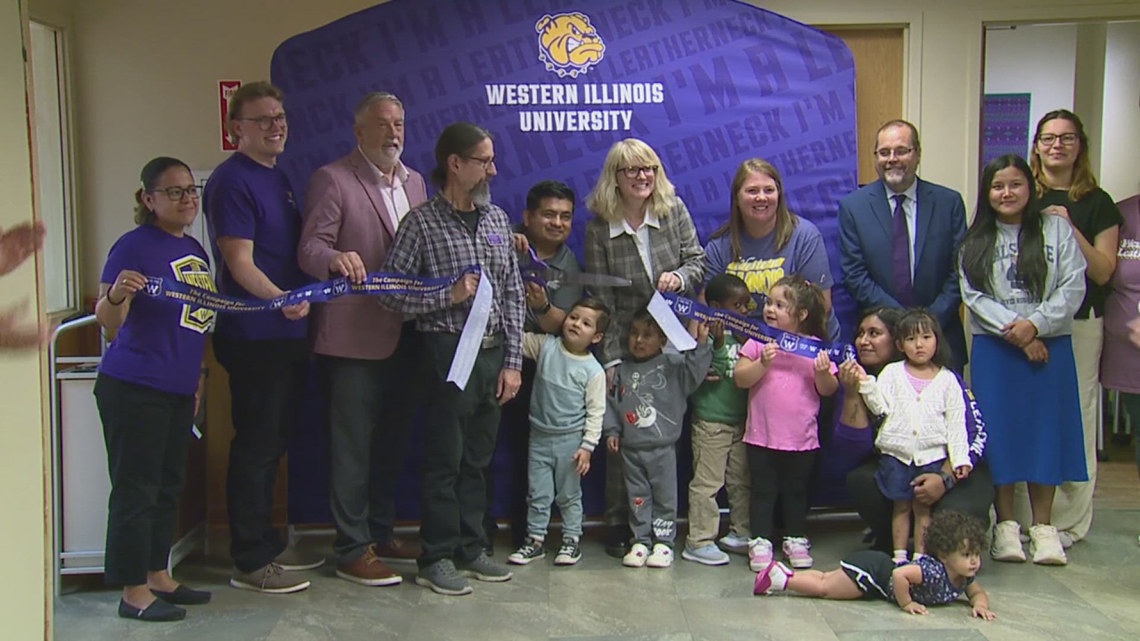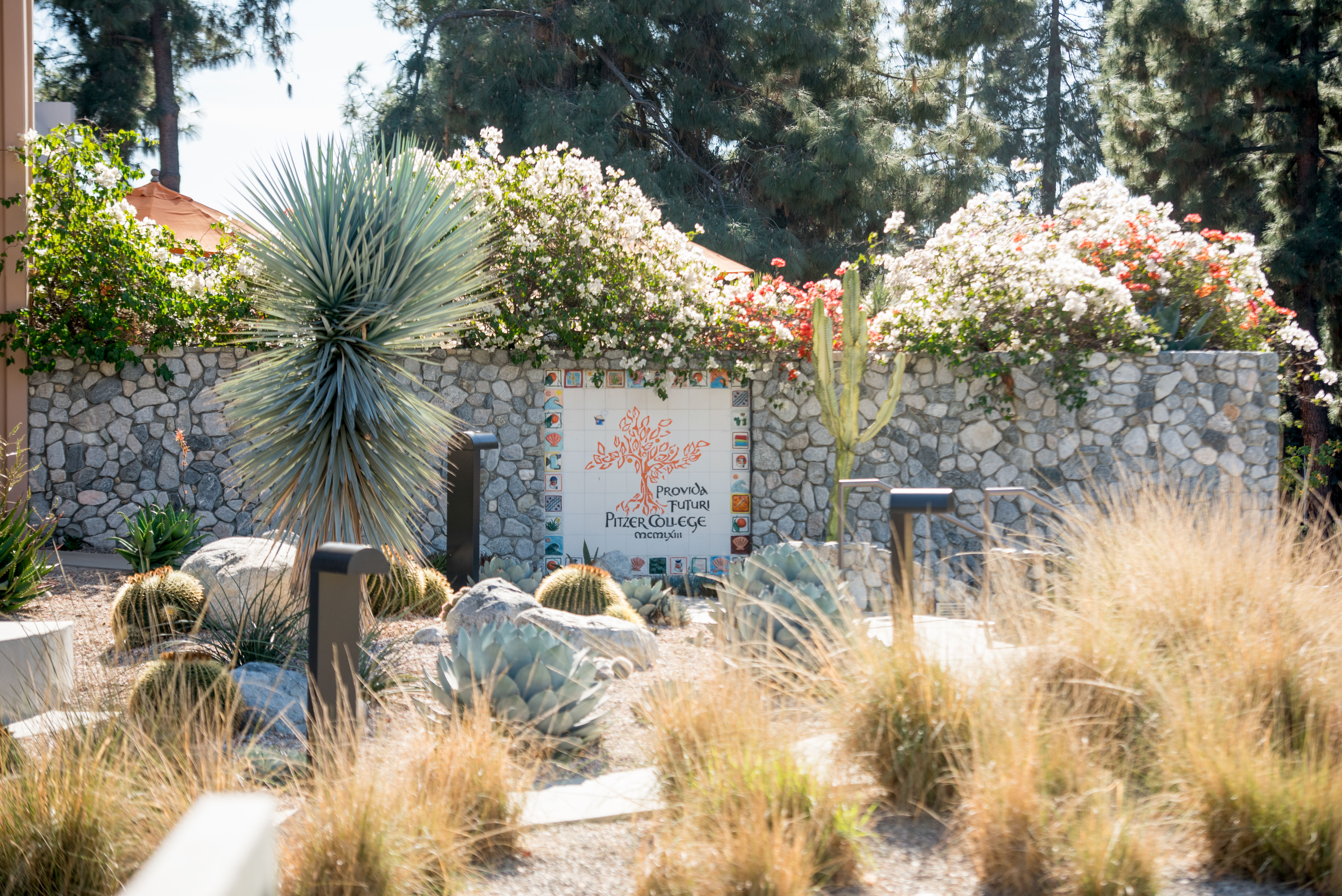
The Emerging Focus on Authentic Human Connection in Mediterranean Tourism
The Mediterranean region, long celebrated as a premier destination for global travelers, is undergoing a transformative shift in its tourism dynamics. Historically known for its stunning landscapes, rich history, and delectable cuisine, the area is increasingly becoming a place where the essence of human connection takes precedence over mere sightseeing. As the travel landscape evolves, modern tourists are seeking not just to visit, but to deeply understand and immerse themselves in the cultures and communities they enter. In this context, authentic human connection is emerging as the most valuable currency in tourism.
Contemporary travelers exhibit an insatiable curiosity and a desire for active participation rather than passive observation. They yearn to engage with local traditions, savor authentic gastronomy, and experience the daily rhythms of life within their chosen destinations. The profound realization that the true heart of any locale lies in its people drives this interest. This connection fosters transformative experiences, enabling visitors to return home with lasting memories and newfound perspectives.
At the core of this shift are the local individuals who embody the spirit of hospitality—families operating small-scale farms, artisans preserving ancestral crafts, and chefs who draw on generations of culinary heritage. These locals provide not just services, but valuable context that enriches the travel experience. They weave narratives that help shape a traveler’s understanding of the area’s culture, creating a powerful bond between guest and community. In this sense, the authenticity of Mediterranean tourism becomes a significant competitive advantage.
Take the island of Rhodes, for example. Though millions flock annually for its picturesque beaches and historical sites, visitors often highlight their most treasured memories as those moments spent sharing a meal with a local family or enjoying olive oil directly from ancestral orchards. This underscores a pivotal truth: while large hotels and international travel companies provide necessary infrastructure, it is the unique local charm and hospitality that ultimately forge unforgettable experiences.
Moreover, the focus on authenticity extends beyond individual smiles and warm welcomes; it fosters economic resilience within communities. By encouraging tourists to invest their spending across neighborhoods, local farms, and artisanal experiences, the economic benefits of tourism are distributed more equitably, ensuring that cultural traditions endure and that younger generations are inspired to envision a future in their homeland. Thus, sustainable tourism encompasses not just environmental stewardship, but also the preservation of cultural identity.
Looking ahead to the next decade, destinations that prioritize authenticity over uniformity, experiential engagement over exploitative practices, and a sense of belonging over mere consumption will likely thrive. The modern traveler seeks to become a part of something genuine, and a successful destination must respond by creating inviting environments that foster this sense of belonging.
The evolution unfolding in Mediterranean tourism is a collective endeavor, one that requires collaboration between governments, businesses, and local communities united in a shared vision: to embrace global visitors while safeguarding the unique soul of each place. When hospitality is grounded in genuine human connection, everyone stands to gain—travelers, locals, and the destinations themselves. This enduring relationship redefines tourism, emphasizing the importance of thriving communities and authentic connections that transcend transactional encounters.


